There’s never a dull moment on J.K. Rowling‘s X feed. The Harry Potter author, turned gender-critical-pundit, has a very active presence on the app, and an equally frustrating rabid following.
While her social and political views have continued to garner controversy, they’ve also led many of her supporters to clamor for her to contest for office. However, it looks like Rowling’s pretty content with riling up the public from the comfort of her home (or maybe her expensive yacht?)
Why did J.K. Rowling turn down the House of Lords?
It’s considered bad form to talk about this but I’ll make an exception given the very particular circumstances. I’ve already turned down a peerage twice, once under Labour and once under the Tories. If offered one a third time, I still wouldn’t take it. It’s not her, it’s me. https://t.co/LnLoG8qc3p
— J.K. Rowling (@jk_rowling) October 20, 2024
In a recent tweet, Rowling revealed that she had been offered a peerage, not once, but twice. She tweeted this information in response to a tweet about Conservative Party leader hopeful Kemi Badenoch, who publicly shared that she would give Rowling a peerage. Badenoch made this statement in an interview with Talk TV, where she praised Rowling for her gender-critical stance on transgender identities.
Badenoch also claimed that she was responsible for securing a peerage for Dr. Hilary Cass. Dr. Cass published The Cass Review in April, which investigated gender services offered by the NHS to children and young people, particularly those dealing with gender dysphoria, or who identified as transgender. The review led to a ban on the prescription of puberty blockers for people below 18 in the U.K.
In Rowling’s tweet, she said: “I’ve already turned down a peerage twice, once under Labour and once under the Tories. If offered one a third time, I still wouldn’t take it.” She also added, “It’s not her, it’s me,” seemingly about Badenoch. In replies to comments under the tweet, Rowling clarified why she was addressing the offers now, despite it being “bad form” to discuss such things. She said she wanted to avoid accusations of being right-wing, or people making claims that Rowling “really wants a peerage and is disappointed she hasn’t gotten one because of her evil bigotry.”
Rowling has publicly supported political figures in the past, including when she donated a million pounds to the Labour Party under Gordon Brown’s leadership. However, it seems that the author simply isn’t interested in a transition to politics.
What is the House of Lords and how does it work?
The House of Lords is the upper house and second chamber of the U.K. Parliament, the first being the House of Commons. It is also known as the Upper Chamber, and its members are called peers. The House has many legislative duties, such as holding the government accountable, examining proposed bills, proposing new legislation, and more.
There is no fixed number or limit to members of the House of Lords. Unlike the House of Commons, peers are not chosen by election, but by virtue of their jobs or positions or by appointment. Certain peers in the House of Lords are referred to as Lords Spiritual. These include archbishops and bishops of the Church. The second class of peers is known as Lords Temporal. These peers either inherit their peerage, or are appointed, but inherited peerage has now been abolished.
Peers who are appointed can be nominated by political party leaders. They may also be appointed by the monarch, with advice from the Prime Minister. The House of Lords Appointments Commission also assists with this. There are currently 805 peers in the House of Lords.

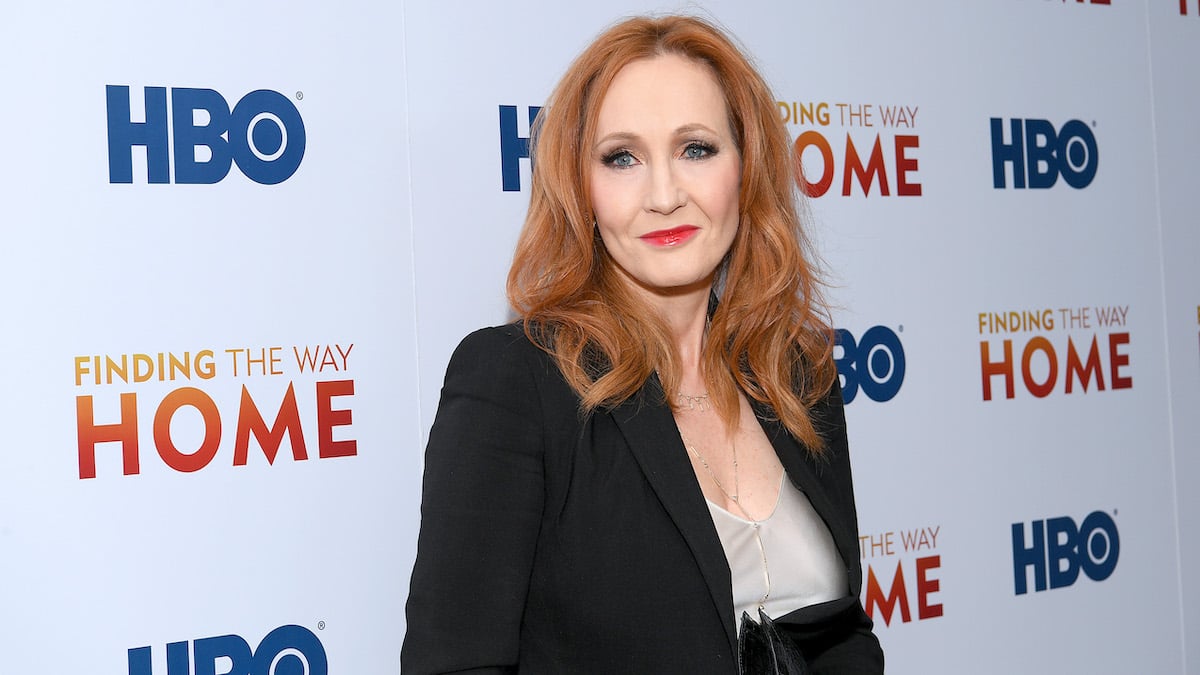






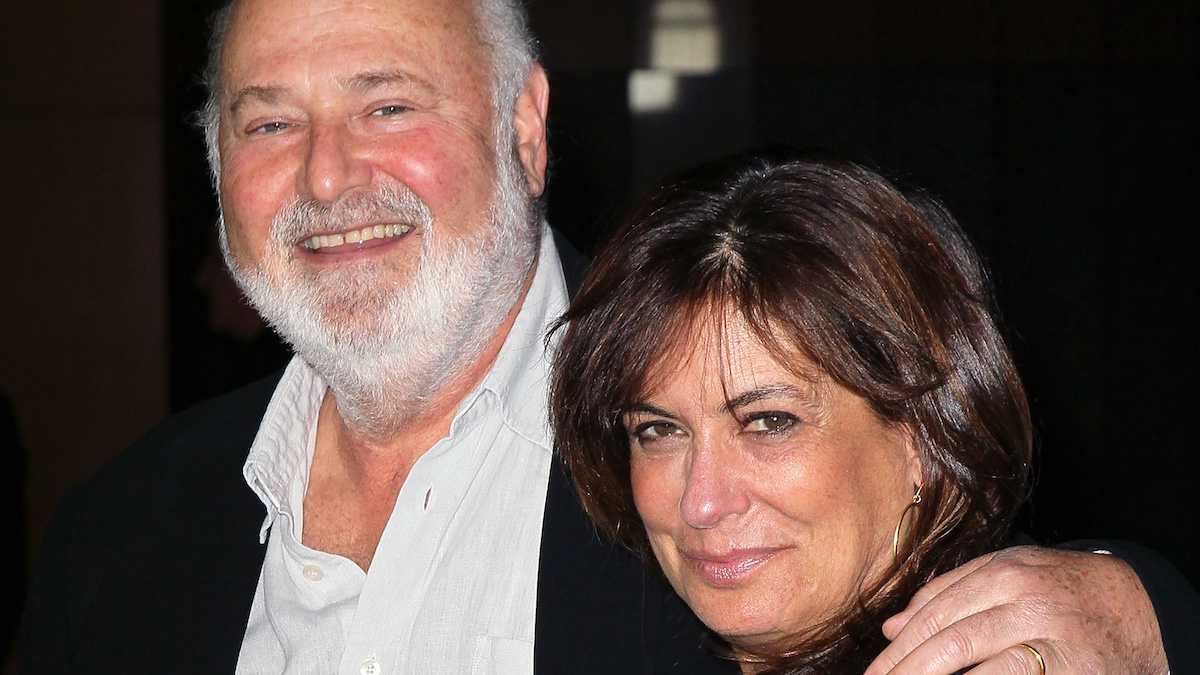
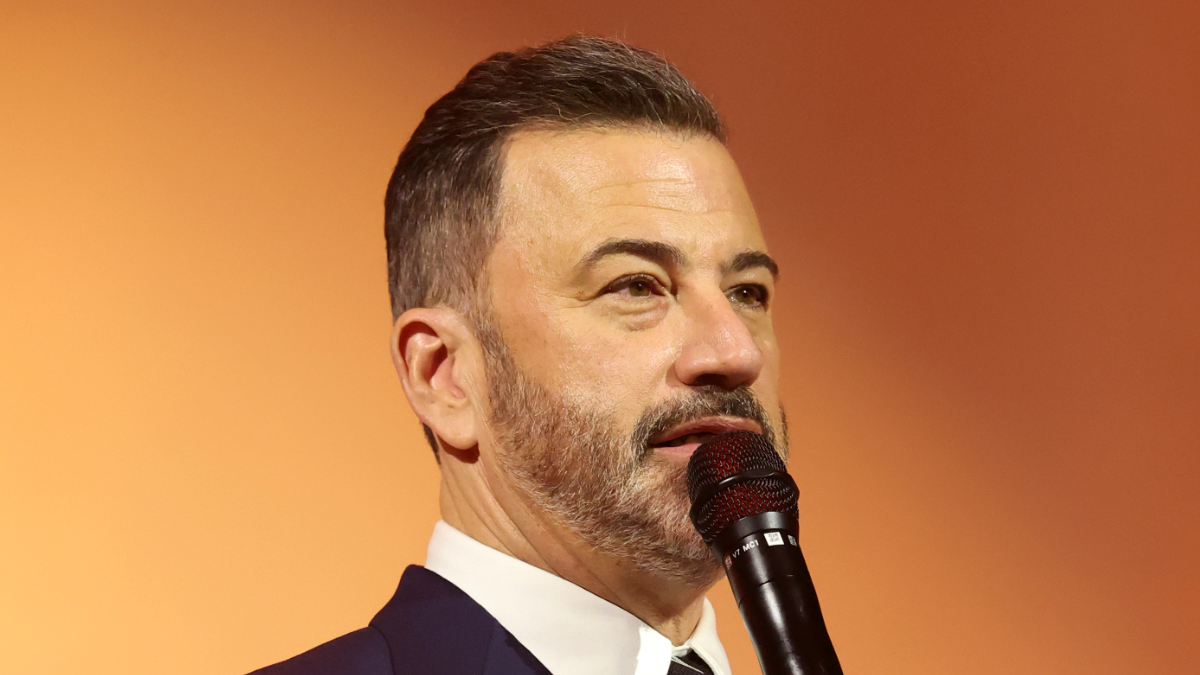
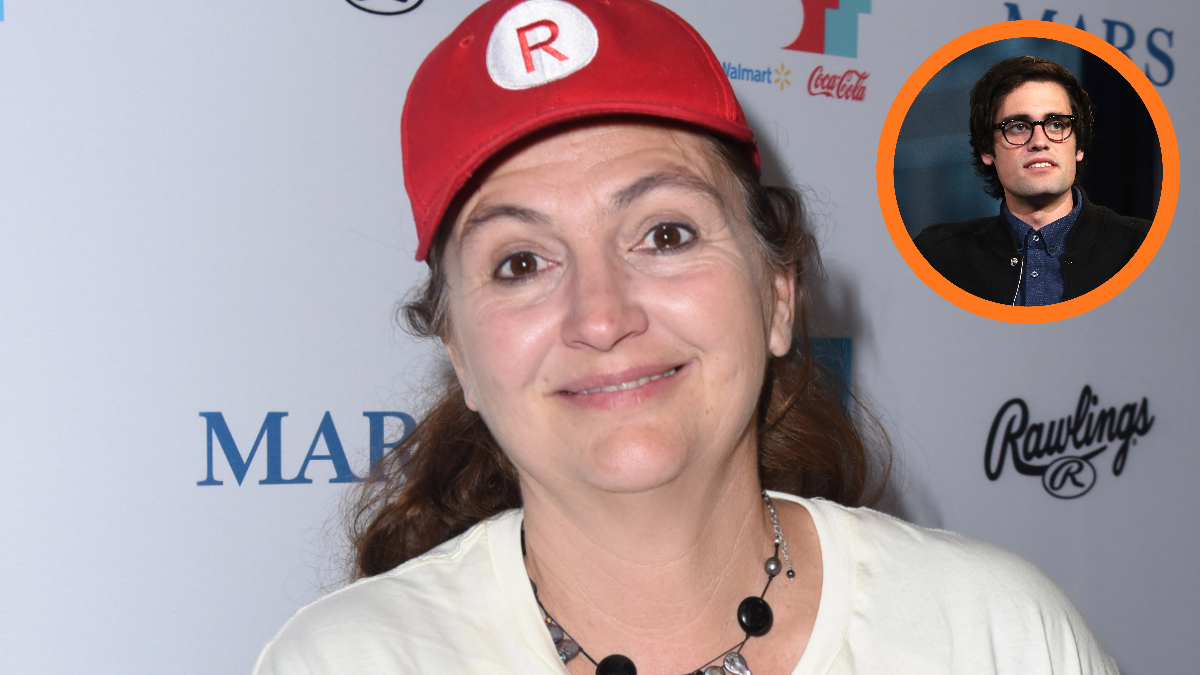
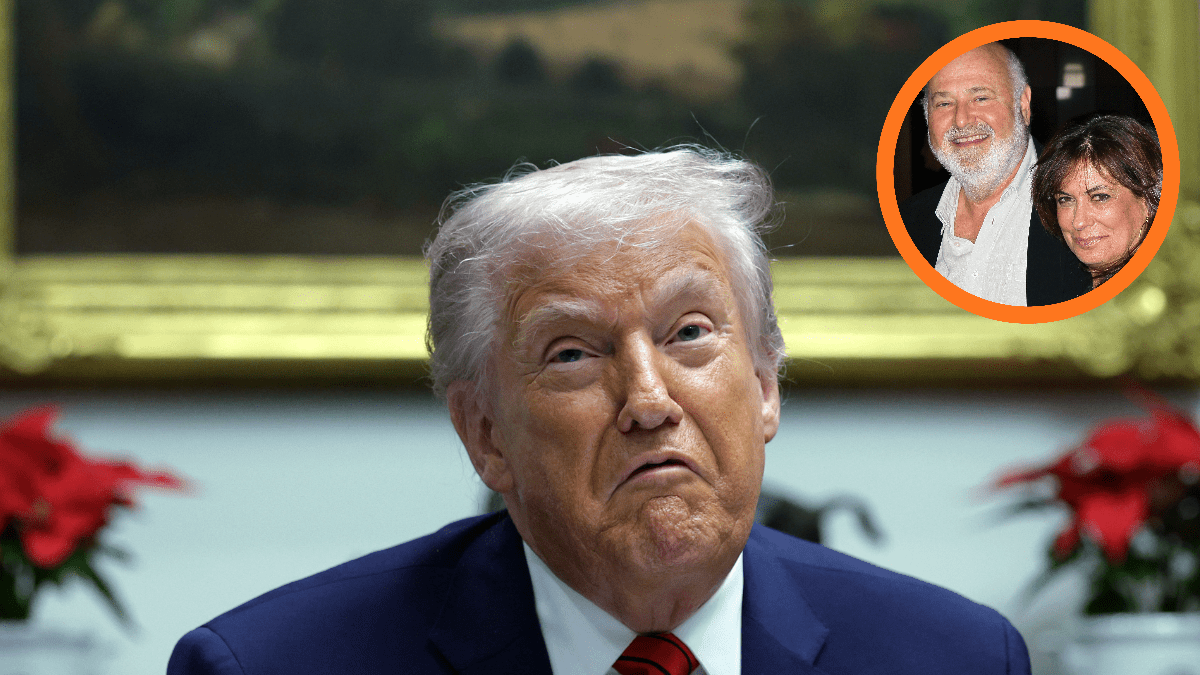
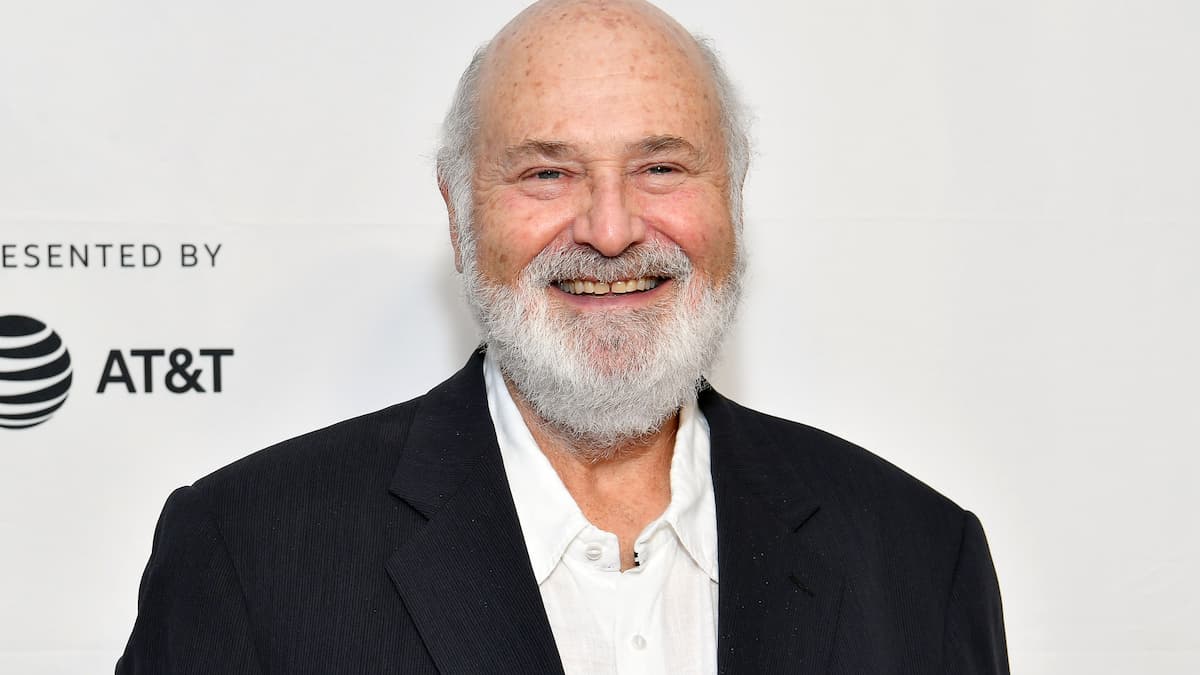
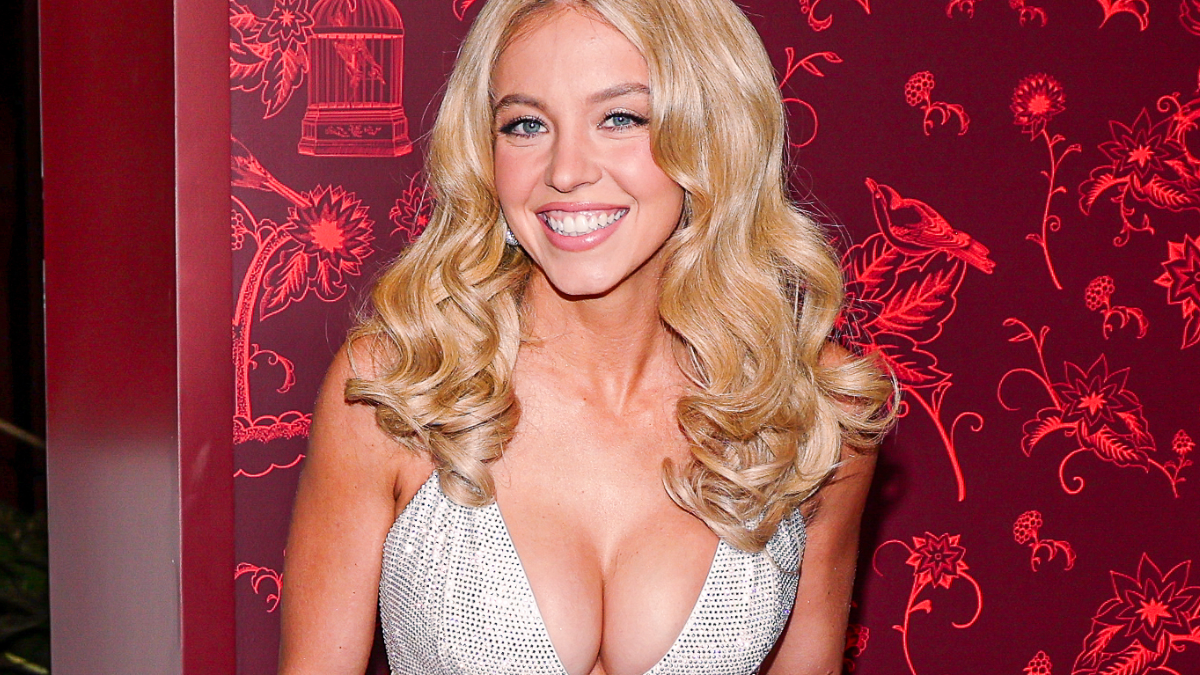

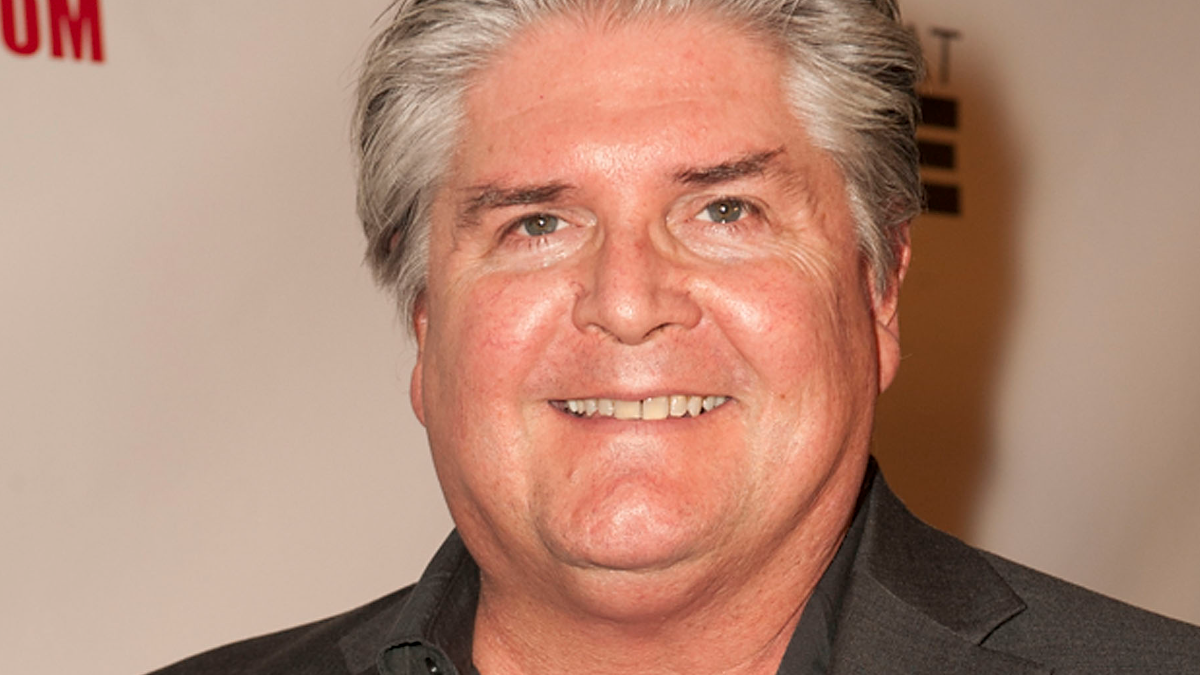
Published: Oct 21, 2024 08:49 am